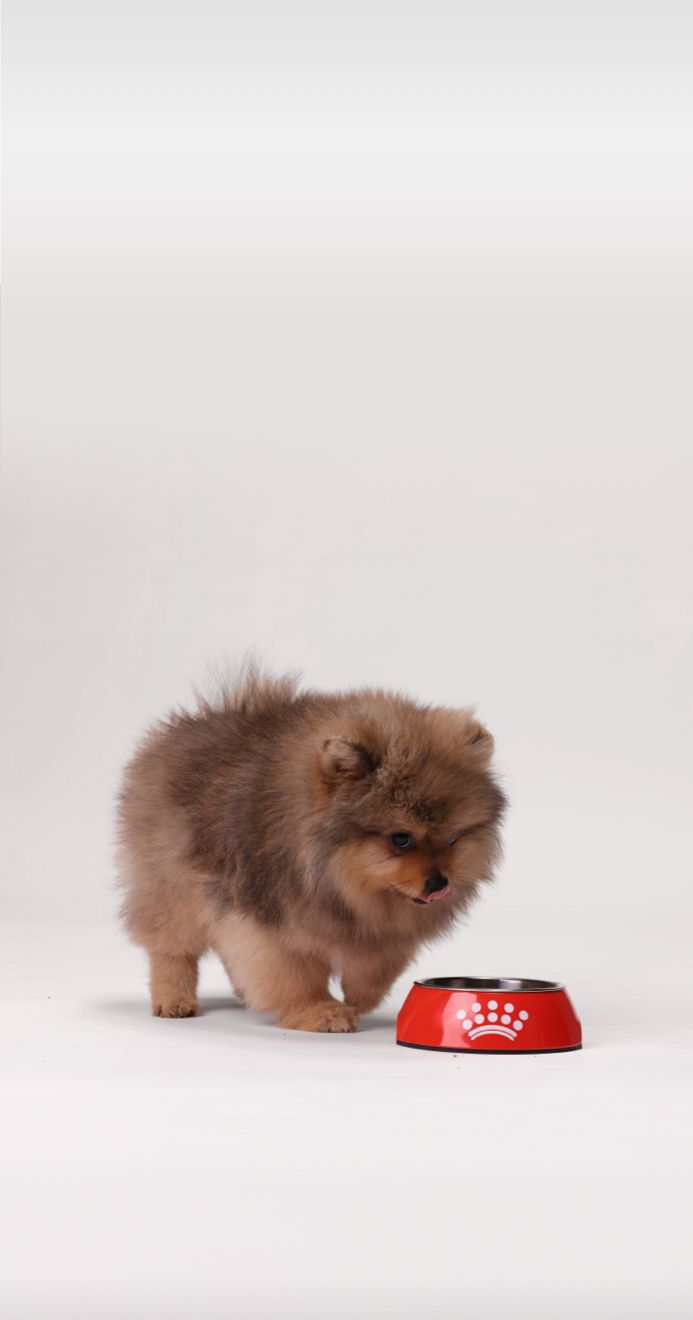Health is Fragile
Feeding your puppy
The basics of puppy grooming
Puppyhood - An amazing transformation
1.Senses
2.Immunity and defence
3.Healthy bones
4.Extraordinary growth
Tailored puppy nutrition
ROYAL CANIN® Puppy is tailor-made with the right vitamins and minerals to support a puppy’s healthy development.
A guide to puppyhood
Preparing for a puppy
When you bring your puppy home for the first time, it's a huge change for both of you. You can make the process much easier by making a few simple preparations ahead of the big day.
Collecting your puppy
The collection of a puppy for the first time, although exciting, can be nerve-wracking. By having the right tools and knowledge, you can make sure that this first experience with your new arrival is a positive one, for them and for you.
The first days in a new home
Your puppy's first few days and weeks in their new home are key in building a strong relationship with your pet. Make sure your puppy settles in, introduce them to family and friends calmly, and establish a routine to ensure as little disruption as possible for your new arrival.
Puppy growth stages
Neonatal
Birth - 21 days
The majority of a puppy's life in this first stage of growth is spent feeding and sleeping. Puppies' eyes and ears gradually begin to function. Both senses are weak at first, but will improve into the third week of life.
Weaning
3 - 8 weeks
At this stage, puppies begin to play fight with their siblings. Towards the end of this period they may start to communicate with each other through vocal communications and body language, such as tail-wagging.
Puppyhood
8 weeks+
Structure, socialisation and training are vital, because they can help your puppy develop into a confident, well behaved adult. Specialist puppy food is vital up until they reach adulthood to support their continued growth.
How to socialise a puppy
Socialisation is one of the most important steps in ensuring your puppy grows into a well-balanced, confident adult. It's never too early to start gently introducing your pet to new experiences, people and animals.
Puppy training and play
Learning and play are vital to puppy development and provide them with an understanding of the rules of life. Training should start as early as possible whilst your puppy naturally has an excellent capacity for learning.

Find the right product
Answer questions about your pet
Get customised recommendation
Unlock your pet’s health follow up